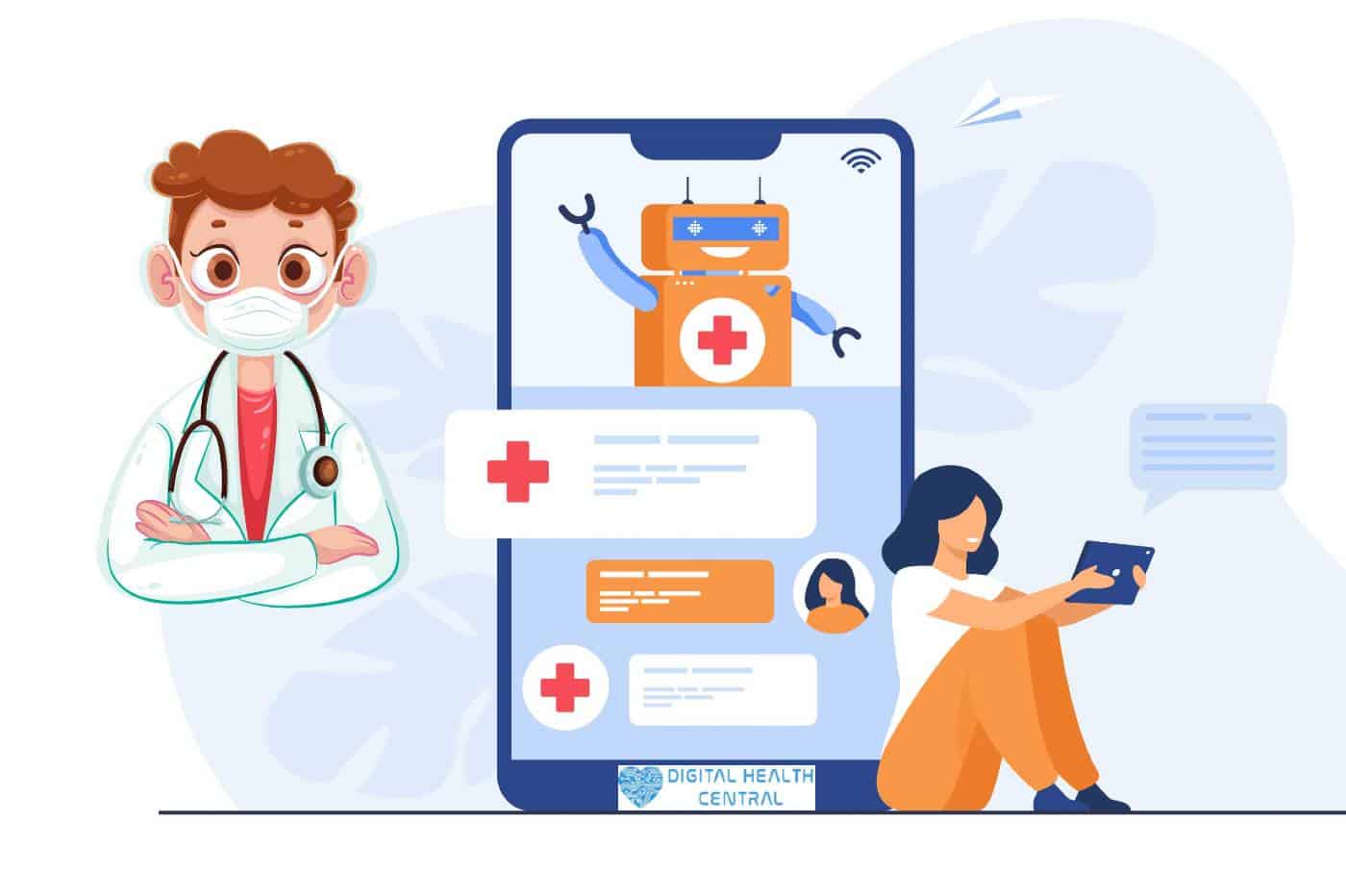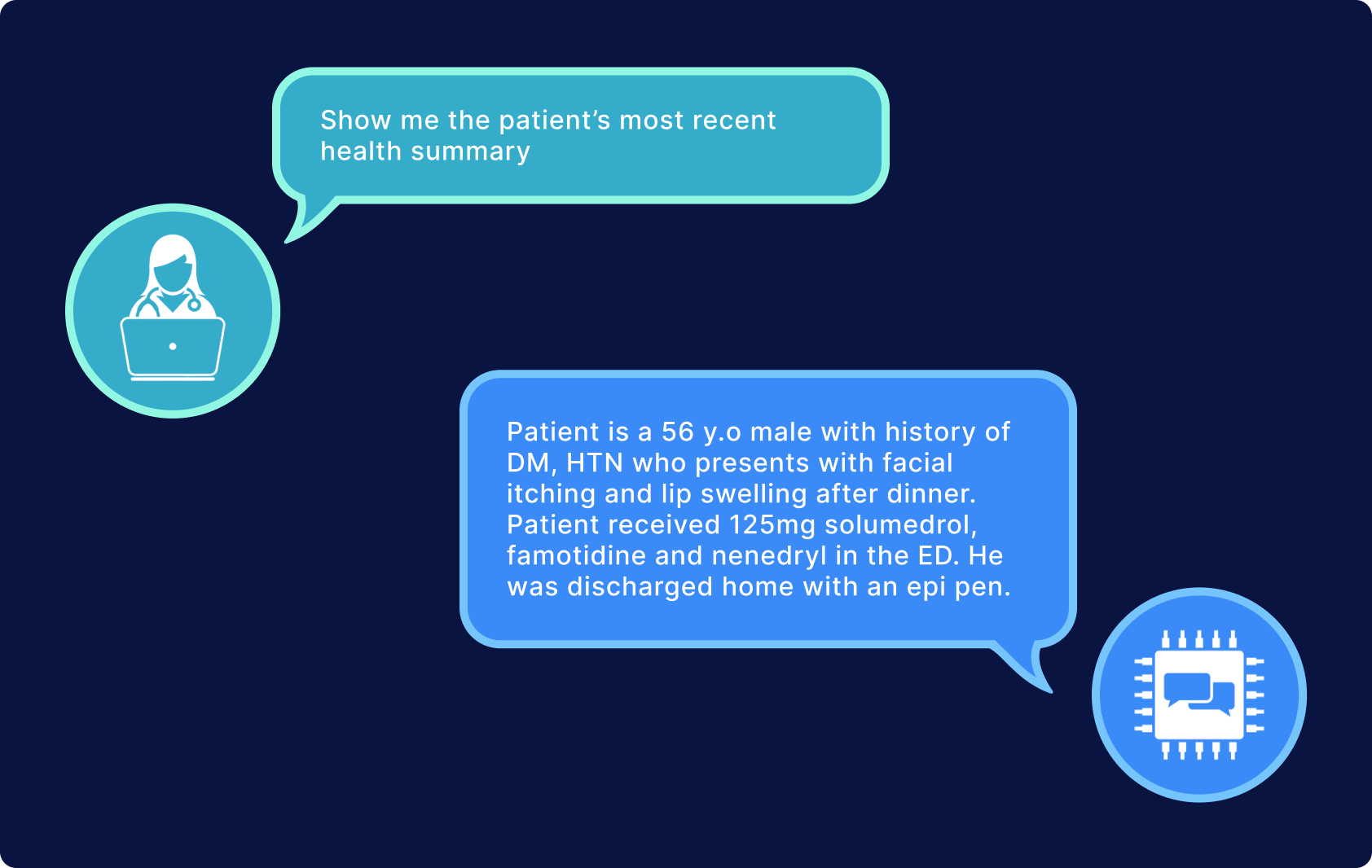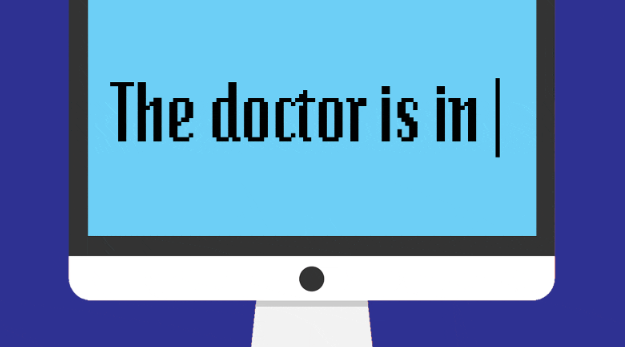By Charalampos Karouzos,
Undoubtedly, one of the fundamental characteristics of the human species is the eagerness to fight our destiny and increase our lifespan. From the prehistorical usage of stone weapons to protect from predators to today’s unraveling and understanding of the underlining biological mechanism and physiological processes composing the human body as a developed organism, although very different achievements they served the same ultimate goal. We have been ambitious and even greedy some can argue to achieve the previously unforeseen. In fact, in the medical world, technological improvements have permanently altered the concept of healthcare as can be seen by the great increase in the average quality of life years over centuries. Development, however, has not been linear and steps forward created periods of accelerated growth, in fact, a new tool in the field of Artificial Intelligence, named ChatGPT, has appeared on the surface ready to serve more patients increasing worldwide health.
To begin the basis of the conversation must be set. ChatGPT, the tool created by the company OpenAI, having Elon Musk as a cofounder, is a language system that can answer almost every question asked to it by scanning every available online information and basing its response on these data. Also, apart from simply answering a question, it takes note of the response generated and the feedback of the user, to become “smarter”, a reinforcement-learning mechanism. Questions asked can range from simple closed-ended ones to even generation of unique text, recreation of the voice of someone, and writing creative and “organic” essays. Implications of the system are restricted to the user’s fantasy and the restriction placed on the system to limit misusage. The response of the public to the software has been astonishing, two months after launch it reached the mind-blowing number of 100 million users. In fact, OpenAI will be releasing a new version, GPT-4 that is expected to be even more powerful with an expected 100 trillion parameters. With time the software will become even more powerful and with more possible implications however, misusage and ethical concerns ought to be addressed.

Healthcare compared to Artificial Intelligence is not a novel discovery, extending from the origin of humankind, being at the forefront of humanity for its whole presence. However, it would be false to characterize modern medicine as ancient as undoubtedly belonging to the most technologically advanced fields of science. Improvements range from better data available regarding medication and practice efficiency to the usage of robots to improve surgeries. In addition, simpler applications include better communication and management of resources and personnel, availability of digital medical records, and many more simple changes. Every step forward regardless of the distance it covers collectively improves today’s healthcare, however, every step until now has had a common denominator, the role of the physician. Doctors have always been at the center of medical care, being the ones having the last say in the treatment of the patient after considering each individual case. So far, the role of technology has been limited to assisting the doctor make a decision or practice medicine, always in a supportive role. Here lies, however, the controversy of implementing artificial intelligence in healthcare, can the protagonist of the play be replaced by very advanced software?
First of all, as of today, OpenAI states that ChatGPT is not designed for providing medical advice or conducting medical examinations. This legal statement of today may in the future be altered allowing usage for medical purposes, however, should software be responsible for our own health? The question is part of a larger in scale concern regarding the future relationship between healthcare and technology, is it possible to digitalize patients? Patients are not just subjects suffering from a disease that must be treated. In modern medicine, the center of focus is not the disease but the patient. Distinct individuals experience the same condition differently and one’s background, beliefs, and values are crucial to the management of the current condition causing symptoms.
Simply placed, suppose diseases were the point of attention, an excel could be used to match symptoms with a disease and the disease with the appropriate pharmaceutical drug. There would be no need for doctors, a statement far from the truth. Digitalization of most aspects of our everyday life seems unavoidable, but how can we convert feelings, concerns, and subjective symptoms to a series of ones and zeros? That is exactly the role of the Doctor in the 21st century to provide the human aspect in the treatment of the patient. Chat GPT can or will be able in the future to process data with great efficiency, even better than doctors themselves, but that’s a one-sided approach to the holistic, personalized treatment available nowadays.

On the contrary, the fact that ChatGPT and Artificial Intelligence may not be able to replace doctors is not synonymous with the complete abandoning of their beneficial aspects for healthcare. Such systems can be trained in ways that increase efficiency. For instance, ChatGPT could be used to simplify clinical notes into more common, friendlier versions, understandable by all patients. However, the role of these systems based on their current form is limited as not only there are several examples of misdiagnosis and malpractice performed by ChatGPT, but also bias embedded into the core of Reinforcement-learning programs can harm patients. Bias arises from the fact that AI is based on users’ responses and online sources. We, humans, use our consciousness and emotions to filter information, a feature lacking in such systems which cannot show either empathy or process the human aspect of the disease. The lack of these normal-for-us features can be seen in examples that discriminate against minorities. In addition, the case of the psychiatric patient is of great concern as the patient asked the software if he should kill himself, with the program responding assertively, embracing suicide.
Many ambitious promoters of Artificial Intelligence may argue that it is too early to judge a software system that has been available only for a few months, and with time and optimization mistakes will lessen. Certainly, supporters have a point, as further versions of the novel software will deal with all the current shortcomings. However, supposing that such systems get optimized to provide accurate information and even be able to reproduce facts and answer questions doctors physically cannot, will they be accepted as a tool for providing holistic care? Will current medical personnel be replaced by software? Such questions can only be answered in the future after the implication of Artificial Intelligence has been performed and the data obtained analyzed. However, now we must recognize the beneficial implications of the system and try to implement it in a patient-focused manner, using this great tool to support the ultimate goal of healthcare to treat patients.
References
- A Revealing Conversation with ChatGPT. aibusinness.com. Available here
- Implications of ChatGPT for healthcare. abstractivehealth.com. Available here
- 5 Big Problems With OpenAI’s ChatGPT. makeuseof.com. Available here
- Medical chatbot using OpenAI’s GPT-3 told a fake patient to kill themselves. artificialintelligence-news.com. Available here
- Bonus: podcast named “The medical AI podcast” episodes 10 & 11




